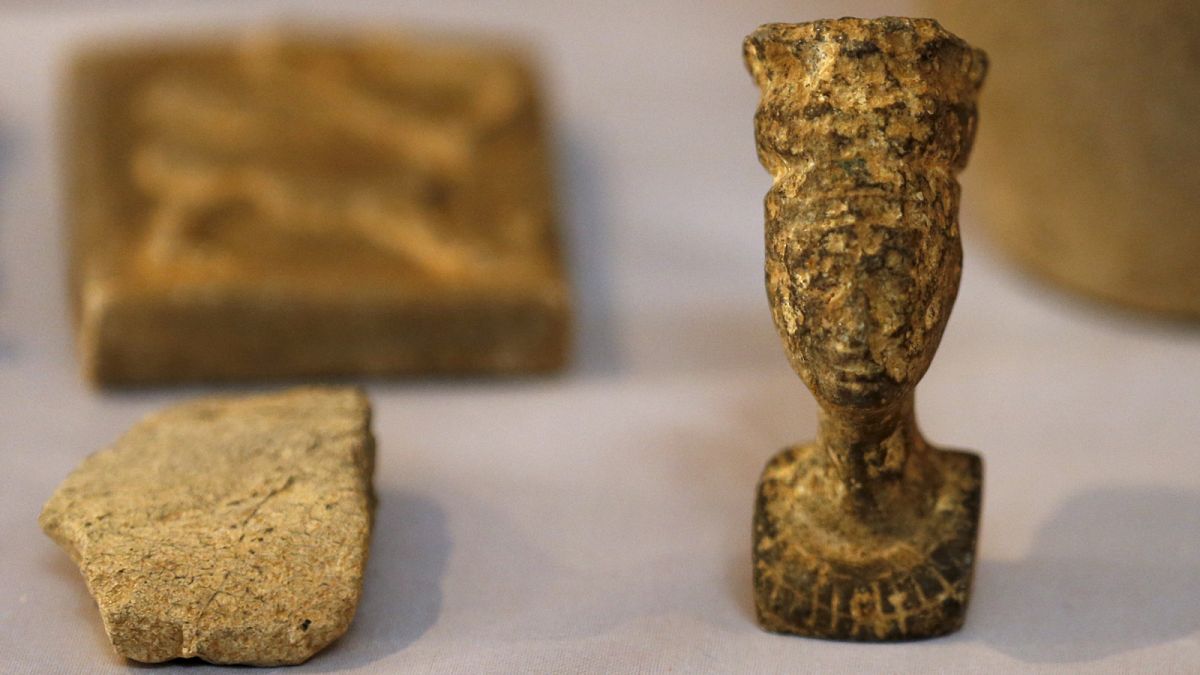The EU Commission suggests a new rule to stop trafficking of ‘antiquities’ – cultural artefacts- from both inside and outside the bloc.
The EU Commission suggests a new rule to stop trafficking of ‘antiquities’ – cultural artefacts- from both inside and outside the bloc.
The EU currently applies bans on goods from war zones such as Iraq and Syria, but there is no general framework for the import of cultural goods
Pierre Moscovici, the Commissioner in charge of EU customs and taxation, said the new laws will target those selling cultural goods in order to finance terrorism.
“This is an ideological battle against the culture of ISIL. There are considerable profits, estimated between 2 and 5 billion euros per year produced from the illicit traffic of cultural goods”, he said.
The attackers in Paris and Brussels, used deep, large-scale networks, which need financial resources. If we attack the sources of funding, then it makes it much more complicated to carry out criminal and murderous operations”, Moscovici told Euronews.
Belgian journalist Frederic Loore has been investigating how ISIL and other groups use the sales of antiquities to fund such violent extremism.
“These lootings are used to finance armed groups such as ISIL, for example, but other groups also use the tactic. They use they money to pay the men who fight for them in war zones. But they also serve to finance terrorist acts outside these countries and especially in Europe”, Loore said.
Loore’s investigation discovered that the terrorist cell behind the Brussels and Paris attacks of 2015 and 2016 had used money from trading artwork, though not from warzones such as Syria, to finance their attacks.
